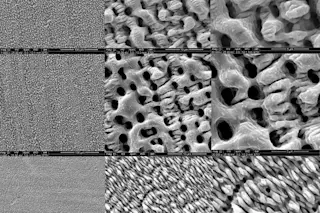South African sprinter Oscar Pistorius raised a ruckus last summer when the he wanted to qualify for the Beijing Olympics, thanks to the J-shaped carbon fiber blades that the double-amputee uses to run. Pistorius didn't get to run in last summer's games, but now an MIT team has released a study declaring that he doesn't have an unfair advantage. Rather, the researchers found quite the opposite: Running blades for amputees, even made with today's best materials, can't compete with the legs that humans have evolved. Pistorius has long argued that he should be allowed to compete alongside able-bodied athletes in races, but athletics authorities banned him from doing so in last year's Olympic games, claiming that his blades gave him an unfair advantage over able-bodied athletes [The Guardian]. The MIT Media lab team led by Alena Grabowski helped to reverse his racing ban before turning its attention this year to ...
Prosthetic Legs Aren't Better Than the Real Thing... Yet
Oscar Pistorius's running blades were found to be less effective than biological legs, according to a new MIT study on prosthetics.
More on Discover
Stay Curious
SubscribeTo The Magazine
Save up to 40% off the cover price when you subscribe to Discover magazine.
Subscribe













